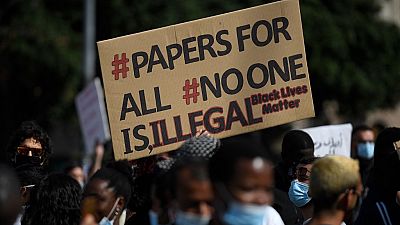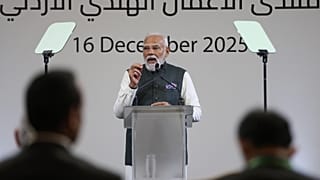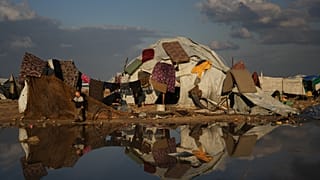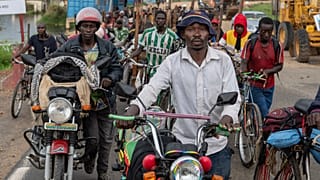Spain
A toddler born during her mother’s journey from Cameroon to Europe must be registered in Spain to prevent the child from being declared stateless and to guarantee her full rights under Spanish law, a judge has ruled.
According to court documents seen by The Associated Press on Wednesday, the girl's March 27, 2020 birth in a hospital in Oran, Algeria, was never recorded by Algerian authorities.
The mother and daughter arrived in Spain when the child was 1 year and 2 days old. The pair have lived since then in a humanitarian reception center in the southern province of Córdoba. A DNA test confirmed the woman is the toddler's mother.
“We find a child who does not exist for the law, because she has not been registered,” Judge Francisco Ortega wrote. “The state of Algeria has no registration of her birth. Nor is there any record that the state of Cameroon has done so.”
Ortega explained that “registration is directly required by the international norm that obliges states, including Spain, to immediately register any child born who has not been previously registered in another state.”
If Spain failed to recognize the girl, the judge added, it “would act in the same negligent manner in which the Algerian state had already acted by not registering the child.”
"They disappear"
In Spain, civil registration is required to secure identification and with it, facilitate access to health care and education.
Lorena García, a lawyer who advised the public prosecutor's office in the case, told the AP that the judge's order was a first for Spain.
“It is a question of human rights in the broadest sense and the law in the strictest sense. The goal is to protect the minor,” Garcia said.
The relevance of the case derives from its potential usefulness in combating human trafficking networks that exploit vulnerable children, according to Garcia.
“If you do not exist, you are not a beneficiary of any rights, and no one can protect you,” she said.
Many sub-Saharan migrants who reach Spanish coasts from North Africa do so hoping to travel on to other European countries. That can make it more difficult to safeguard children, the lawyer said.
“If their parents decide to change countries and there is no document that registers them, no one can follow them,” García said. “They disappear.”













Go to video
9 African migrants died in freezing temperatures near Morocco-Algeria border
01:43
Fuel tanker explosion kills at least eight people in Cameroon
01:11
EU moves to crush people-smuggling networks
01:04
EU approves draft overhaul of migration policy
01:47
Somali migrant recounts torture in Libya but says hope for a better life still drives him
02:19
Tunisian film in competition at Morocco film festival